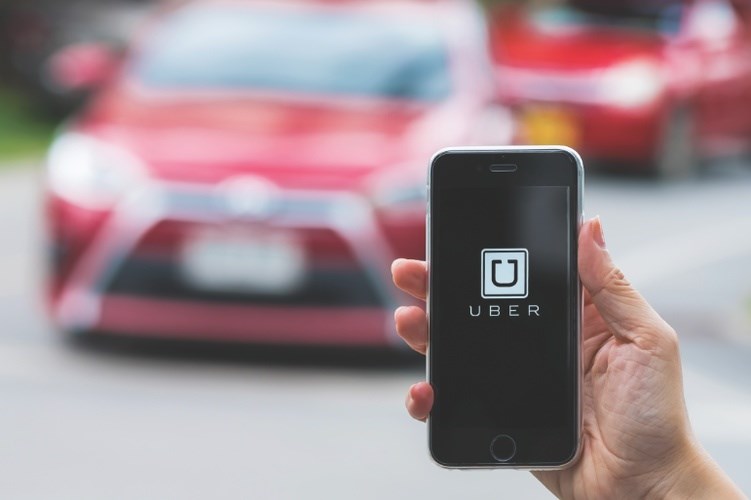Uber is finally coming to Vancouver. Last week, the provincial government announced that the extremely popular international ride-hailing service will likely arrive in BC by the end of the year, despite staunch opposition from the taxi industry and City Hall.
For all of its fancy cosmopolitan efforts, Vancouver is rather infamous for being the last major city in North America to give the green light to a service like Uber or its closest competitor, Lyft. It was becoming an embarrassment – especially if you’ve used it in, say, San Francisco or New York.
With all due respect to our cab drivers (if you can find one), it’s about time. Uber and similar services are quite simply a major upgrade in ease of transportation for residents and tourists, and that helps our nerves and our economy.
It’s likely that our neverending winter finally drove the Uber decision through. If you, like me, tried to catch a cab during Snowmageddon (November to present), you were probably shit out of luck. As recently as a very snowy March 6, I attempted to book a Vancouver taxi through the company’s app. I received a message back that its server was down – which was, to be polite, frustrating. I went old-school and called the number that I’ve had memorized since the 1990s. I was immediately put on hold due to high call volume, and was informed by a recorded voice that the hold time would be roughly 20 minutes. Who knew how long it would take for a taxi to arrive? This was on a Sunday afternoon. In 2017. Give me a break.
For those who have heard of the Uber brand but are unaware of exactly what it is, it’s pretty simple: If you need a ride somewhere (say, in the 528 cities worldwide where Uber already exists), you can download the app for your smartphone. Type in where you are and where you want to go, and the app will tell you how many Uber cars are near you and how much it will cost to take you to your destination. The rides are paid through your phone, and the fares are a lot cheaper than cabs. It’s supposed to be a wallet-less experience.
So, who are the drivers? You. Me. Anybody with a car that is properly licensed through Uber (and, when the service finally arrives here, through the province of BC). The Uber site famously offers an attractive entrepreneurial sales pitch: Work that puts you first. Drive when you want, make what you need. In other words, no beholden shiftwork. Not to sound too rah-rah, but Uber is a (very) successful example of the sharing economy we now live in, and you can’t stop progress.
Full credit to Vancouver cab companies: They are the last civic taxi monopoly still standing. To soften the blow of the inevitable, the province has offered $1 million in cash to the industry to develop its own updated app, as well as Uber-free zones at taxi stands, for street hailing, or for picking up anyone calling by phone.
Uber isn’t perfect. As my wife aptly pointed out, one of the criticisms for users is that there aren’t enough properly equipped vehicles for those with ambulatory disabilities. But, of course, Uber is onto that, and apparently has several pilot programs in cities around the continent using wheelchair-accessible vehicles.
Change happens, and our needs as citizens evolve. It’s a shame that ride-hailing has become a political hot potato in Vancouver. But unlike your average Uber driver, this decision is really late.



